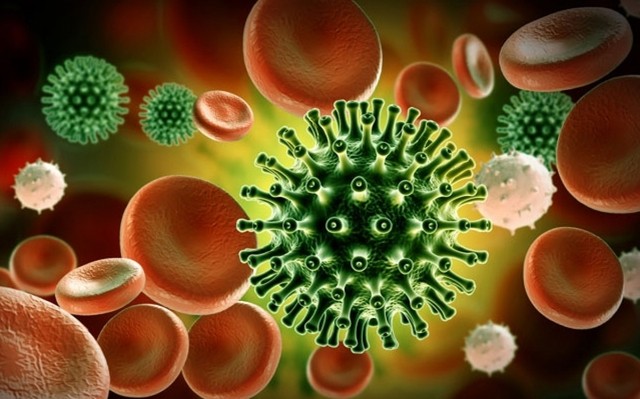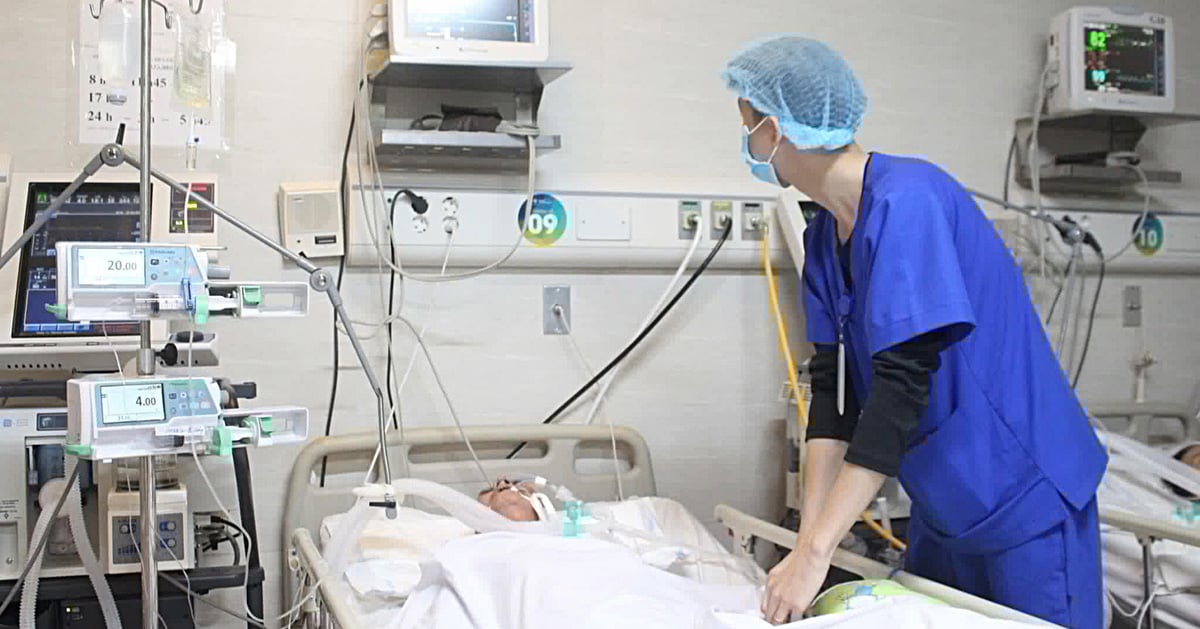The Ministry of Health said that there is currently no evidence of the severity of the JN.1 variant of the SARS-CoV-2 virus compared to previous variants and the risk to public health is still assessed at a low level at the global level.
 |
| New variants of SARS-CoV-2 are rapidly increasing globally and pose a risk. |
On the afternoon of December 22, the Department of Preventive Medicine, Ministry of Health, said that the national infectious disease surveillance system recorded information about the JN.1 variant of the SARS-CoV-2 virus increasing rapidly globally in recent times.
Variant JN.1 is classified as a variant of concern (VOI) by the World Health Organization (WHO). It is the BA.2.86 subclade variant of Omicron.
According to the General Department of Preventive Medicine, there is currently no evidence of an increase in severity compared to previous variants. The public health risk is still assessed at a low level at the global level.
However, the number of Covid-19 cases in particular and other respiratory diseases in general is forecast to increase in the coming time, especially in countries entering winter. This may increase the number of cases requiring hospitalization at medical facilities.
Over time, the SARS-CoV-2 virus has continuously mutated, creating new variants. Based on changes in the characteristics of the virus, the level of spread, the severity of the disease, or the effectiveness of vaccines, treatments, diagnostics, social measures... WHO classifies SARS-CoV-2 variants into 4 groups.
Specifically, these include variants of concern, variants of concern, variants under surveillance, and variants of serious consequence.
In Vietnam, the Covid-19 situation is still under control. The number of recorded cases is low, scattered in some localities and most of them have mild symptoms or no symptoms. The number of hospitalizations and the number of severe patients in treatment facilities is low.
According to statistics, our country records about 50 Covid-19 cases every week. The results of monitoring the pathogen have not recorded any new or unusual variants.
To continue to effectively and sustainably control Covid-19 and be prepared and proactive in responding to the disease's return, the Ministry of Health has issued a plan to sustainably control and manage Covid-19 for the 2023-2025 period.
This includes a plan to ensure medical work in the event that the Covid-19 epidemic has a new, more dangerous strain that breaks out widely and exceeds the system's capacity.
To prevent and control epidemics, infectious diseases, and respiratory diseases, including Covid-19, the Ministry of Health recommends that people not be subjective or negligent, but proactively wear masks at medical facilities, on public transport, and in crowded places.
Wash your hands regularly with clean water, soap or hand sanitizer; gargle with mouthwash; avoid touching your eyes, nose and mouth; cover your mouth and nose when coughing or sneezing. Practice good environmental hygiene, personal hygiene, keep your body warm, exercise and play sports to improve your health.
Practice cooking food and drinking boiled water; ensure food safety in slaughtering livestock and poultry and processing livestock and poultry products.
Source









































Comment (0)